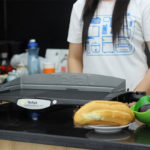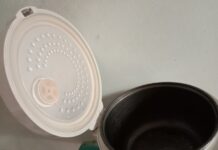Remove rust on pliers and scissors
After a period of using tools such as pliers, scissors,… they may get rusted or stuck. To make them work smoothly, you can apply some waste oil to their joints. Waste oil is similar to engine oil so it can lubricate the shears and help the rusty tools work smoothly again. In addition, coating some waste oil on iron tools can also help prevent rusting.
Locks that have been used for a long time can become rough and may get stuck. Keys that have been used for a long time can also get rusty. You can use waste oil to deal with this situation.
Gently brush some waste oil on the key. Then use the treated key to open the lock by turning it left and right. This way, you can lubricate the lock core. Not only does it make the door open smoother, but this method also helps protect and prevent the lock from getting stuck again.
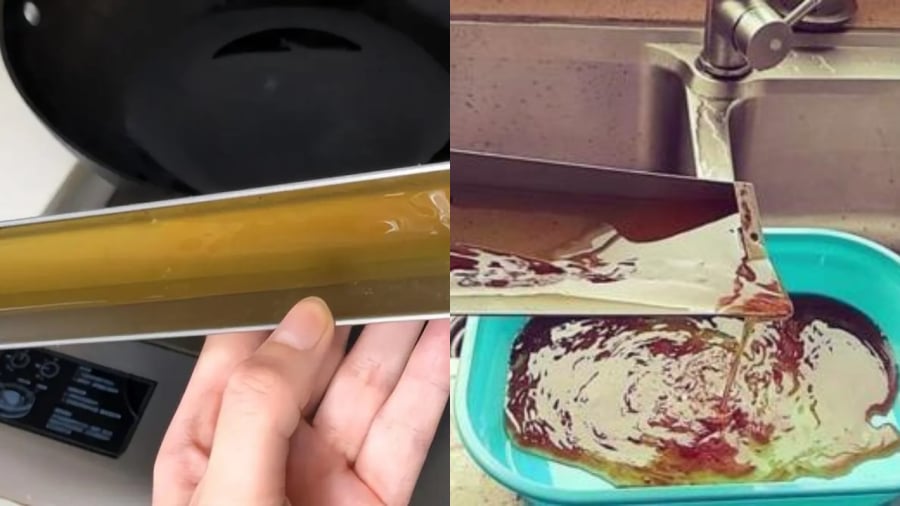
Because they are made of metal, door hinges, windows, and cabinets can become corroded after a long time of use. You can apply waste oil to the hinges. Like lubricating oil, waste oil also has similar effects. This method not only solves the problem of squeaky doors but also prevents rust from occurring.
Use it to catch flies and mosquitoes
Waste oil can also be a magical weapon to solve this problem. You just need to drop some waste oil on cardboard and place it where mosquitoes/flies tend to gather.
The special smell of waste oil will attract them, so once they fly to the cardboard, mosquitoes/flies will be stuck and it becomes easy to solve the problem.
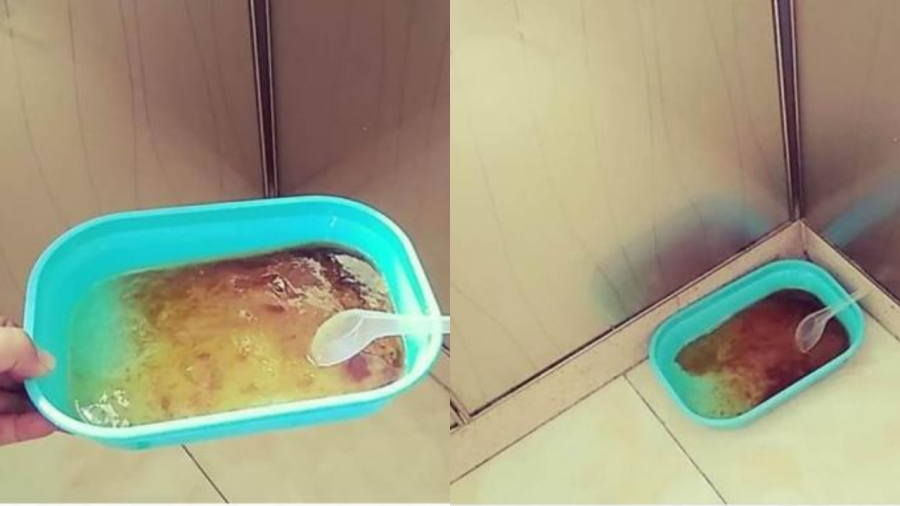
Use it to kill cockroaches and mice
You can completely use waste oil to kill mice and cockroaches. This method is safe, environmentally friendly, and harmless to the human body. The simple way is to put rice in waste oil and add some detergent, stir well, remove the rice and place it where mice and cockroaches usually appear.
Cockroaches and mice will be attracted by these smells, but when they eat them, the chemicals in the detergent can cause them to die. When cockroaches and mice eat treated rice, the stickiness of the waste oil will help eliminate them easily.
Create oil lamps
Waste oil can be used to make oil lamps. Firstly, find a suitable container and pour waste oil into it. Then, take a well-soaked cotton thread and waste oil. Pull the cotton thread out slightly and use a lighter to light it up to complete an oil lamp.
In case your house has a sudden power outage and there is no lighting equipment, you can use this solution to make a substitute lamp.
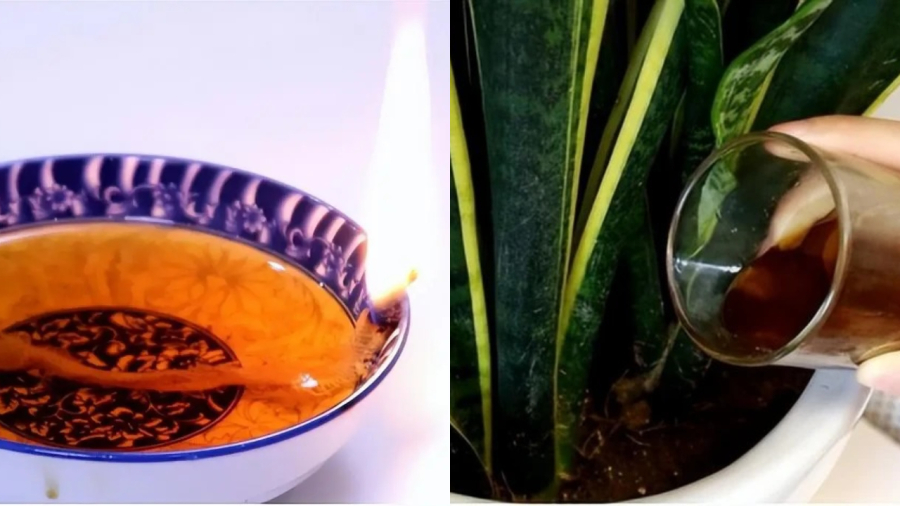
Boost the growth of flowers and plants
Waste oil contains abundant protein, which is an excellent nutrient that stimulates the growth of plants and flowers. So after dropping a few drops of waste oil into the flower pot, the flowers will grow healthy and beautiful with lush leaves.
Make handmade soap
Using waste oil to make soap will increase safety, and its decontamination effect is prominent.
Clean oil with oil
During cooking, it is difficult to avoid oil splashing on the wall and stove. Cleaning will consume a lot of time.
You can apply the “cleaning oil with oil” method to clean effectively. Oil has the ability to dissolve and oils with the same properties dissolve with each other to achieve good cleaning results. This method helps deal with tough-to-clean oil stains on the surface of the hood, bringing efficiency and helping you save money.
Troubleshooting Tips for Super-Speed Kettle Issues
Having difficulty with your kettle? This article will offer some insight into the potential issues that can arise when using a supercharger, as well as tips on how to prevent and address them. From water not boiling to loud noises and burning smells, discover some helpful information on ensuring safe and effective use of your device.




























